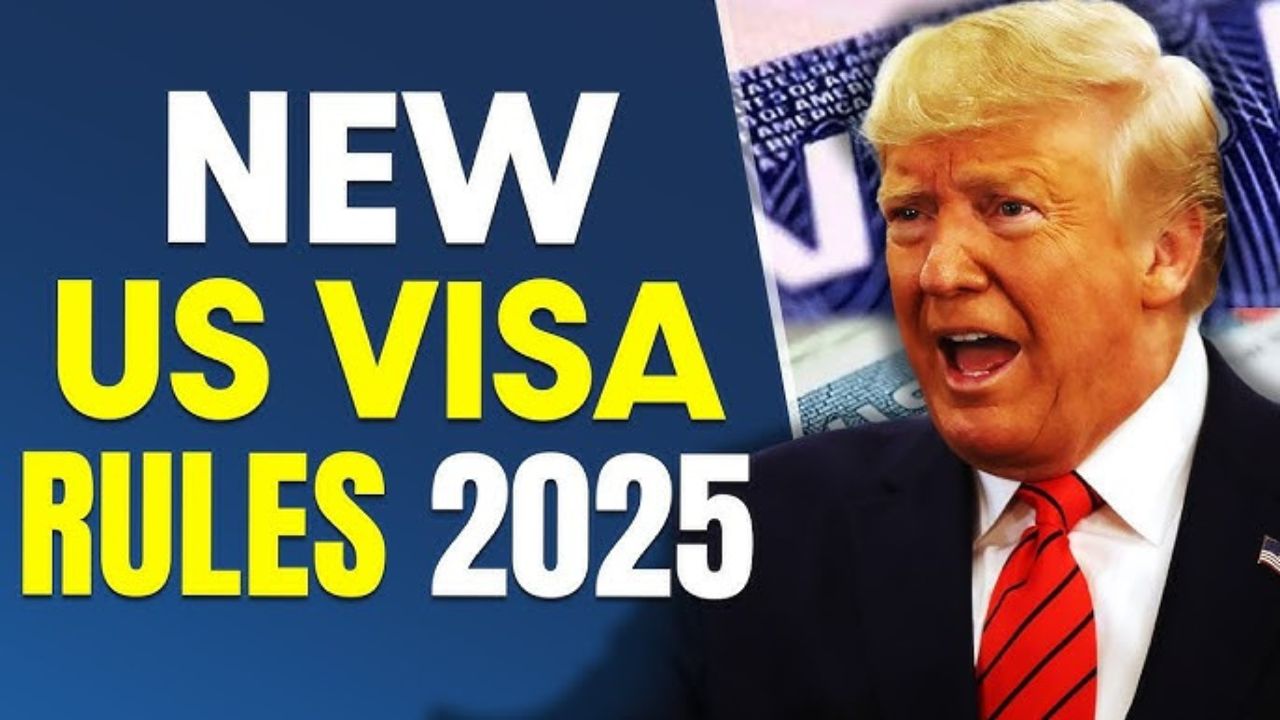The United States implemented a large number of changes to its visa policies beginning in 2025, affecting tourists, students, highly skilled workers, and immigrants. These reforms are meant to improve efficiency, enhance border security, and cater to labor market demands. The updates come as part of a wider immigration strategy targeted by the current administration at modernizing the visa framework while not compromising on national interests.
Digital Processing of Visas Taking Center Stage
Probably one of the biggest changes is moving fully toward the digital processing of visas. Applicants can now complete their entire application procedure, including biometric submission, through secure online platforms. The aim of this change is to eliminate in-person appointments as far as possible and speed up approval times.
Modification to H1-B Visa Caps
Slight increases in the annual cap for H1-B skilled worker visas have been put in place to address industry demands. Those with advanced degrees and in-demand skills are being prioritized in the processing of their applications, particularly in technology and healthcare.
F1 Visa Policy Streamlined for International Students
Processing for the F1 student visa has been expedited, with universities receiving clearer guidance. The OPT program has also been extended in certain fields of study, allowing for the retention of international talent for longer.
Restrictions Imposed on B1/B2 Visas
Business and tourist visas under B1/B2 categories have been put in place with added documentation especially for frequent travelers. The purpose is to curb the misuse of these visas in work-related activities not permitted under visitor status.
Green Card Processing Improvements
Green card processing times have been improved, via additional staffing and digital solutions. Family reunification cases and employer-sponsored applications were prioritized to reduce the backlogs currently existing.
A Modernization of the Visa Lottery
The Diversity Visa Lottery has been modernized this time with a point-based selection system. This system considers age, education, and language skills with the view of attracting individuals likely to assimilate into American society.
New Visa Name for Digital Nomads
A new visa category for remote workers and digital nomads has been set up. This type of visa allows non-citizens to reside temporarily in the US while continuing their work with employers or clients outside the United States.
Tighter Background Checks
The security procedures have been tightened across all visa categories. Enhanced background checks have now become mandatory, with a specific focus on applicants from countries flagged for security reasons.
New Income Threshold for Family Sponsorships
The income threshold has been raised for U.S. citizens and lawful permanent residents sponsoring family members. This change aims at ensuring that sponsors are able to support their relatives without having those relatives resort to public benefits.




